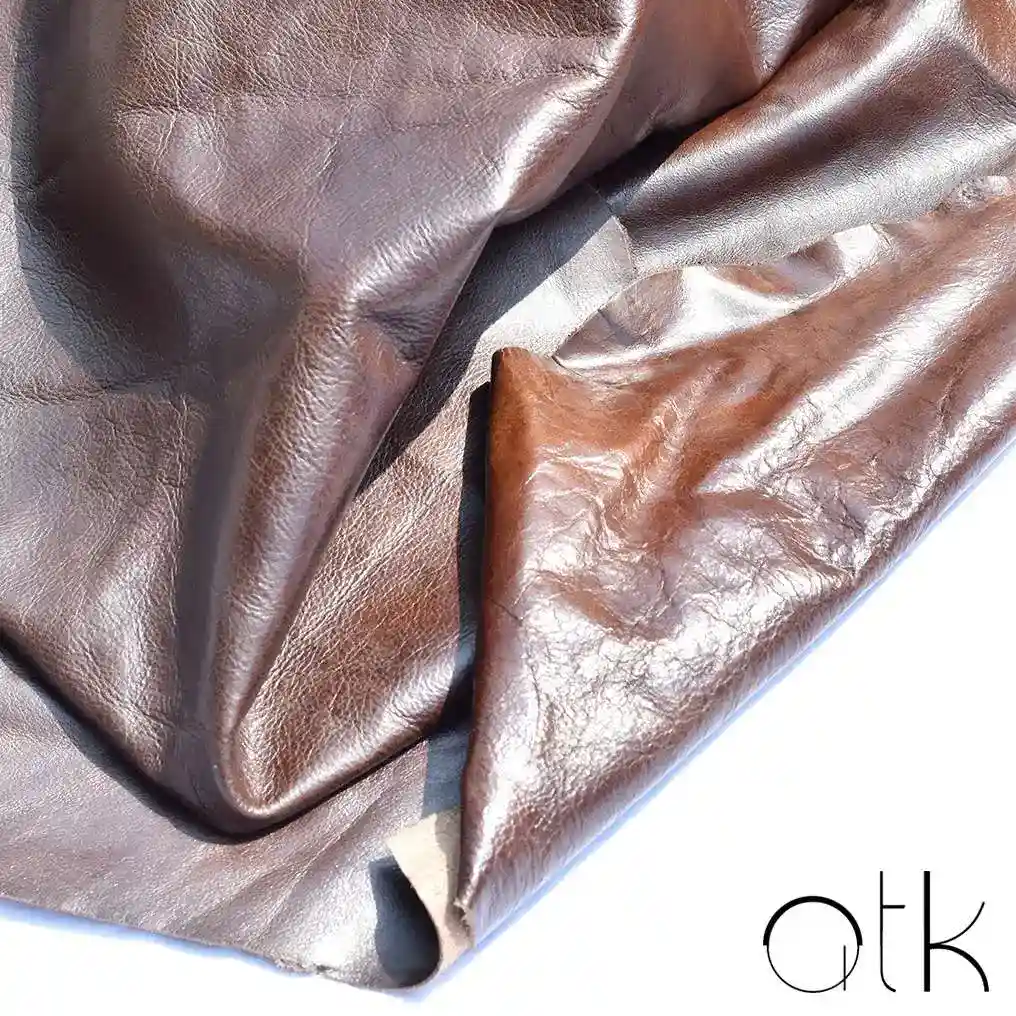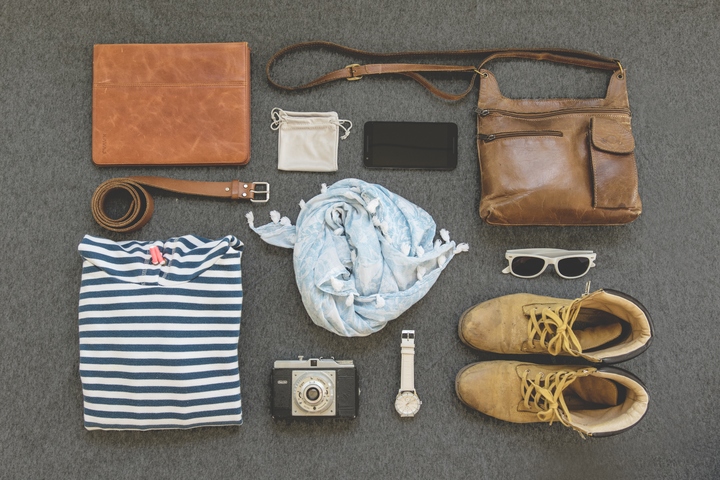Upholstery leather is a popular choice for those seeking a blend of elegance and practicality in their furniture. Known for its versatility and rich texture, this material has become a go-to option in homes, offices, and public spaces. With various durable leather types available, it caters to diverse needs, offering both aesthetic appeal and long-lasting quality. Akram Tannery is a leading leather tannery in Pakistan which exports the upholstery leather to leather businesses. This guide will walk you through the uses, applications, and advantages of upholstery leather, helping you make informed decisions. Whether you’re redesigning your living room or planning a commercial space, understanding leather upholstery material is key.
What Is Upholstery Leather?
Upholstery leather is leather specifically processed for use in furniture and interior design. Its durability, flexibility, and premium appearance make it an ideal choice for crafting sofas, chairs, ottomans, and other upholstered items. Commonly derived from cowhide, this leather undergoes specific treatments to ensure it withstands daily wear and tear while maintaining a polished look.

Uses of Upholstery Leather
- Furniture Upholstery
Upholstery leather for furniture is widely used to create sofas, armchairs, and sectionals. Its ability to age beautifully and resist stains makes it a practical yet stylish option. - Commercial Spaces
Offices, restaurants, and hotel lobbies often feature leather fabric for upholstery. Its professional appearance and easy maintenance make it suitable for high-traffic areas. - Automotive Interiors
Beyond furniture, leather upholstery material is a common choice for car seats and interiors. It provides comfort, aesthetics, and added value to vehicles. - Marine Upholstery
Durable leather types are also utilized in boats and yachts. Treated for resistance to moisture and UV rays, this leather performs well in demanding environments. - Accessories and Custom Designs
Upholstery leather is occasionally used in custom applications like headboards, wall panels, and bespoke decor items, adding a luxurious touch to spaces.
Applications of Upholstery Leather
- Residential Spaces
Homeowners prefer leather for its timeless appeal and ability to complement various design styles, from modern to classic. Its versatility ensures it fits in living rooms, home offices, and even bedrooms. - Hospitality Industry
Hotels and resorts often incorporate leather upholstery material in lobbies, lounges, and suites. Its premium look creates a welcoming atmosphere while being durable enough for constant use. - Healthcare Settings
Surprisingly, some clinics and healthcare facilities use leather fabric for upholstery due to its ease of cleaning and hypoallergenic properties when properly treated. - Retail and Commercial Spaces
Retail stores use leather to create an upscale ambiance, whether in seating areas or as part of their visual merchandising displays. - Public Transportation
Some train, bus, and airplane interiors utilize treated upholstery leather for seats, as it combines comfort and longevity.
Benefits of Upholstery Leather
- Longevity
Durable leather types are designed to endure years of use without significant wear. Properly maintained, they retain their quality and appearance, making them a cost-effective choice over time. - Comfort
Leather upholstery material adapts to temperature changes, remaining cool in summer and warm in winter, ensuring comfort in all seasons. - Aesthetic Appeal
The natural textures and colors of leather fabric for upholstery provide a sophisticated look that enhances any space. - Ease of Maintenance
Spills and stains can often be wiped away with minimal effort, making leather a practical choice for busy households and commercial areas. - Hypoallergenic Properties
Unlike fabric, leather does not harbor dust mites or pet dander, making it an excellent option for allergy sufferers. - Eco-Friendly Option
High-quality leather upholstery material often comes from sustainable sources and is a byproduct of the meat industry, reducing waste.

Types of Upholstery Leather
- Full-Grain Leather
This type is the highest quality, as it retains the natural grain of the hide. It is strong, durable, and develops a beautiful patina over time. - Top-Grain Leather
A slightly more processed option, top-grain leather is smooth and resistant to stains, making it perfect for furniture and automotive applications. - Split Leather
While more affordable, split leather is thinner and less durable, often used in decorative elements rather than high-use furniture. - Bonded Leather
Made from leather scraps and fibers bonded together, this is a budget-friendly alternative. However, it lacks the longevity of higher-quality types.
How to Choose the Right Upholstery Leather
- Consider Usage
For furniture in high-traffic areas, opt for full-grain or top-grain leather due to their durability. For decorative purposes, split leather may suffice. - Evaluate Texture and Color
Choose textures and colors that match your interior design. Neutral shades like brown, black, or tan are versatile and timeless. - Check for Finishes
Certain finishes, like aniline or semi-aniline, impact the leather’s appearance and resistance to stains. - Budget Planning
While higher-quality leather may cost more upfront, its longevity makes it a worthwhile investment.
Maintaining Upholstery Leather
- Regular Cleaning
Dust leather surfaces regularly with a soft cloth to prevent buildup. - Conditioning
Use a leather conditioner every 6-12 months to keep it supple and prevent cracking. - Avoid Direct Sunlight
Prolonged exposure to sunlight can fade leather and dry it out. Use window coverings or position furniture away from direct light. - Spill Management
Address spills immediately with a damp cloth. Avoid harsh chemicals, as they can damage the finish.
Final Thoughts
Upholstery leather is a versatile material that blends aesthetics, comfort, and functionality. Whether you’re furnishing a cozy home or outfitting a bustling commercial space, understanding the uses and benefits of this material ensures you make the best choice for your needs. With proper care, leather upholstery can become a long-lasting centerpiece in any setting.
